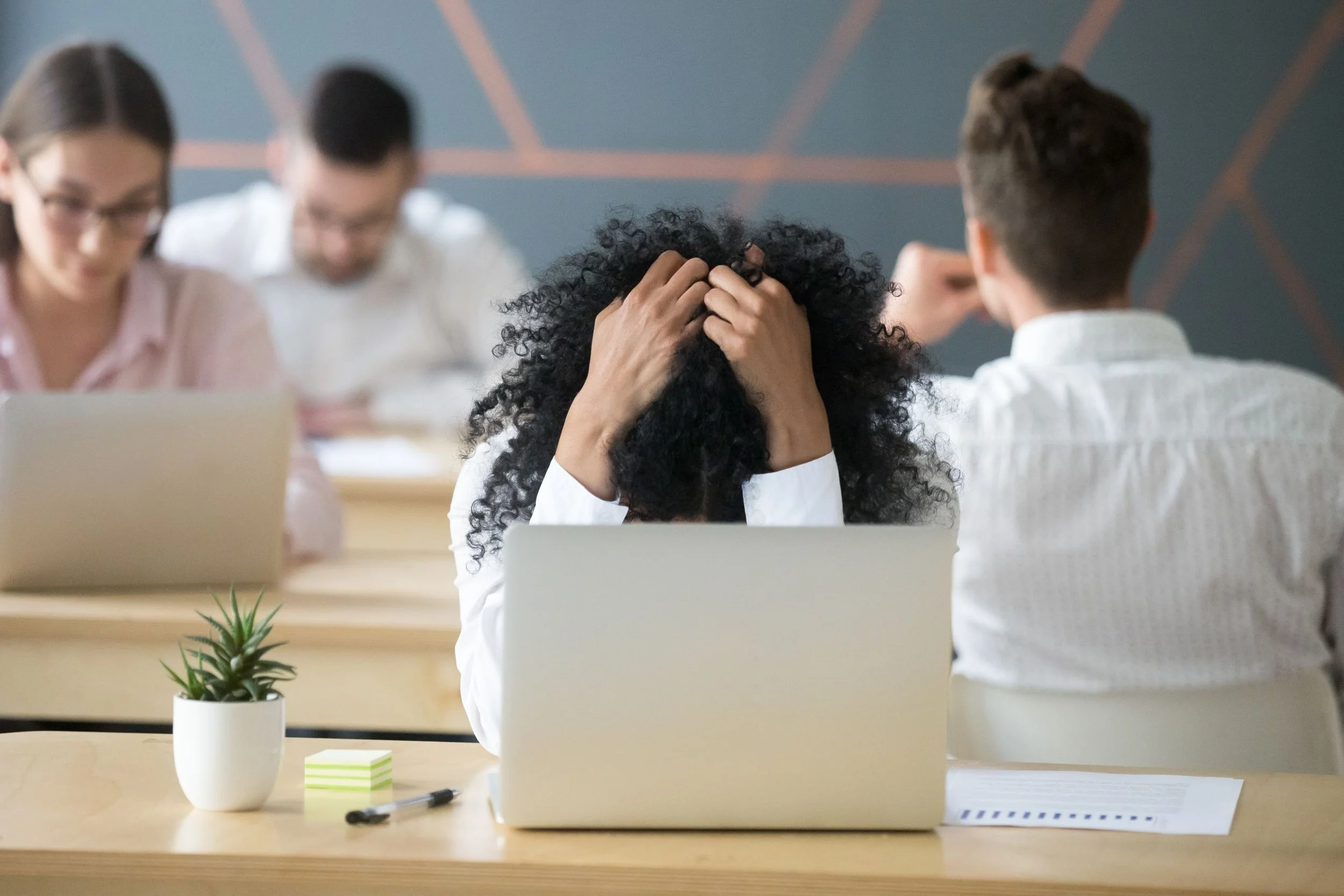Remember March 2020? Most of us, including myself, thought that this thing called COVID-19 would be over in a few weeks. And here we are going into year three and have accepted that we may not see the end anytime soon. It feels like we are running end-to-end marathons. When we think we are at the finish line, there’s another one ahead. It’s not surprising that this chronic pandemic stress has increased the likelihood of burnout and severe mental health challenges such as depression, anxiety, and substance use.
Want more tips to live better? Check out Saundra’s latest book here.
What is Burnout?
The World Health Organization defines “burnout” as a syndrome resulting from chronic workplace stress, characterized by exhaustion or lack of energy, job-related negative or cynical feelings, and reduced effectiveness. Burnout occurs when you have reached your limits mentally, emotionally, and physically. Organizational psychologists have studied burnout as a workplace phenomenon for decades. However, with billions of the world's population impacted by COVID-19, burnout is an even bigger problem—and it looks slightly different today.
Burnout is Uniquely Yours
The pandemic has functioned like a magnifying glass for our vulnerabilities. While we share a typical physiological response to stress, the stress you experience is also uniquely yours. What triggers a stress response in one person may hardly register with another. Some people feel stressed and become aggressive, while others withdraw. Likewise, our methods of recovery are also unique. Some have positive coping mechanisms such as hobbies, recreation, exercise, or social interactions. Others respond with harmful coping mechanisms such as zoning out, watching TV, overeating, or even substance abuse.
Reaching Optimal Stress Levels
Coping with a pandemic can feel overwhelming, exhausting, and leave you feeling drained or anxious, or perhaps even both. To reach optimal stress, we need to be conscious of our focus; it’s the first step toward lasting behavior change in neurological terms. The disorienting effects of COVID-19 on our daily lives, global health, and economic activity have so emotionally overwhelmed us that even the tiniest disruption to our daily routine can throw us into overload. Here are some tips to consider as you embark on this first step of becoming more aware of your stress levels.
Identifying Your Sources of Stress
To start, it is helpful to reflect on what causes your stress to increase, and how often it occurs during a typical week. Take a few moments to consider the following:
How often do you feel well-rested? How often do you seek moments of recovery versus “powering through” during the workday?
How often do you feel fully engaged in your work or a state of “flow”?
How long do these periods last?
What time of day or night do they occur?
What are you doing when you experience this?
Consider a time when you were surprised by something stressful at work.
How did you react?
What did you do to find resources to help you manage this stress?
What was the most difficult for you?
What would you do differently next time?
What are the most significant contributors to stress in your life? In what situations does stress from one aspect of your life surface in another?
How do you cope with stress?
Do your coping mechanisms deplete your energy or restore it?
Do they help build awareness around your stress or reduce it?
How often do you recognize your stress while it is occurring or afterward? Or, do you realize it by the reactions of others?
In reflecting on your responses to these questions, what did you learn? How does this information help you determine what changes you want to make for the upcoming week? You may need to revisit these questions periodically as you build self-awareness.
Keep in mind that locating and describing your stress is a discovery process, and the more you learn, the better you will harness your stress response. During March, we will provide insights on how you can take charge of your stress level instead of allowing the world around you to dictate it to you.



